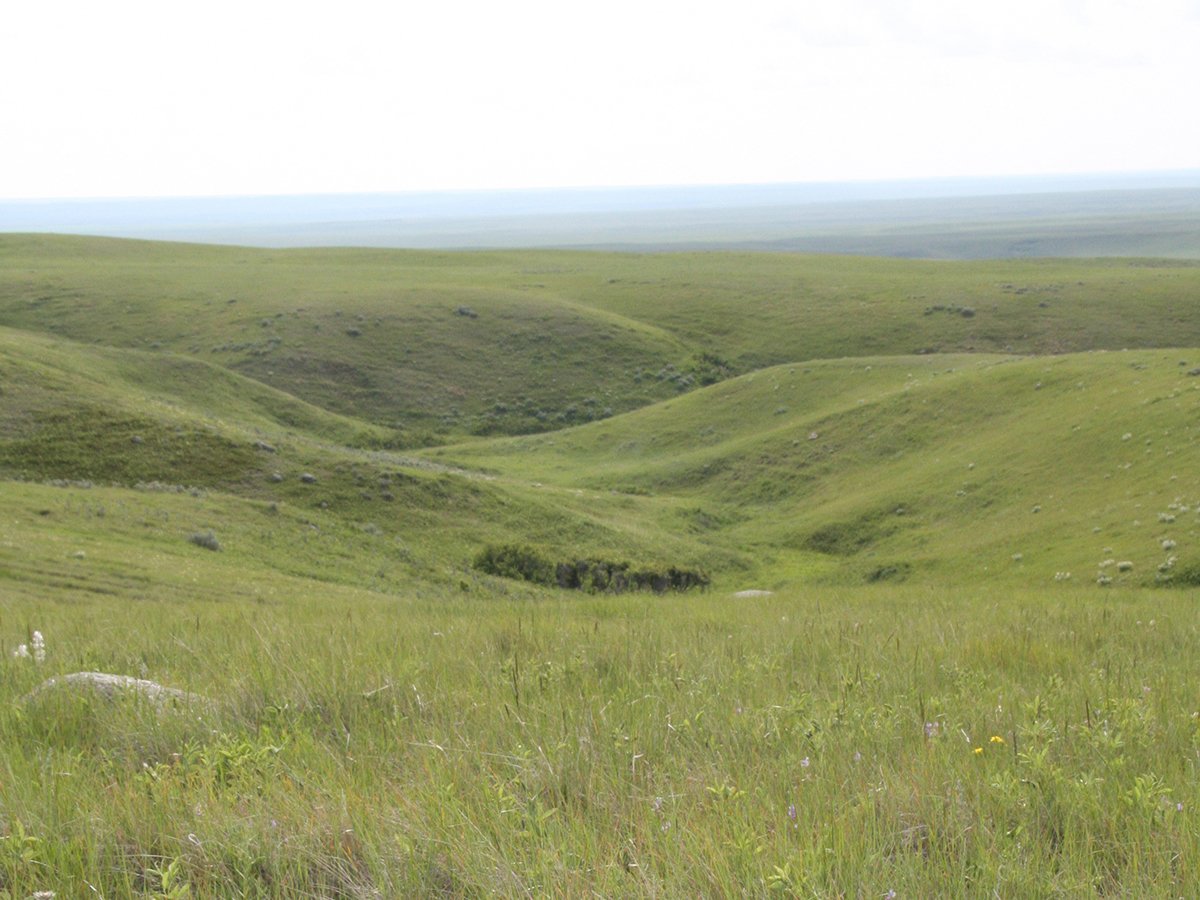A Saskatchewan beekeeper is fighting efforts in his province to establish a new commission that would be funded with check-off money to promote the industry.
David Sawkiw of Preeceville said he supports funding research and market development, but he argues against the need for a separate commission.
“I think they want the government to force people into paying a checkoff into a commission. That’s where I think they’re going.”
However, Tim Wendell, president of the Saskatchewan Beekeepers Association, said Sawkiw’s concerns are ill founded. While mandatory, the checkoff will also be refundable, so beekeepers who do not want to support a commission can apply to get their money back.
Read Also

Alberta irrigation project on grasslands approved
Environmental concerns raised by Alberta conservation groups over irrigation expansion project within rural municipality
As well, Wendell said some producers, including Sawkiw, may not have to pay the checkoff because it will likely be applied only to those who are considered commercial beekeepers. The threshold will be set at either 50 or 100 hives, he added, and Sawkiw has about 50 hives.
The checkoff levy hasn’t been determined yet, either. While Wendell prefers $1 per hive, he conceded it has been a difficult year for beekeepers, so the association might settle for 50 cents.
Saskatchewan beekeepers’ incomes sagged this year because of poorer honey production, a decline in honey prices and the rise of the Canadian dollar against the U.S. currency.
“We had a triple whammy this year,” Wendell said.
Sawkiw said he attended a meeting organized by the Saskatchewan Beekeepers Association in November where the checkoff and commission were discussed. Opinions against the proposal were cut short, he added.
“All I want to do is make sure that every beekeeper in the province knows what’s really going on before they vote on this,” he said.
“If I was able to communicate to all the beekeepers, and was given enough time, I’m 99 percent sure this commission would not be brought forth.”
Wendell said the provincial beekeepers association is leading efforts to establish the commission. Government is only involved because it must pass the necessary regulations.
The commission will have its own board of directors, separate from the association, but Wendell doesn’t think it will be in place before the end of 2005.
The proposal will be debated and voted on during the association’s convention in February in Saskatoon. The majority of beekeepers who attended a meeting in November in Melfort, Sask., supported the checkoff and commission.
Wendell said check-off money will help leverage matching funds from the government and other sources to advance the industry.
“The money (now) keeps coming from 20 producers in the province continually. The other 80 percent just rides along.”
Instead of forming a new commission, Sawkiw suggests it would make more sense to stick with the provincial association, but to make it more appealing. Fees from an increased association membership would provide more funding for research, promotion and market development, he added.
“There are a lot of disgruntled beekeepers out there who don’t like how the Saskatchewan Beekeepers Association is being run, so they’ve just opted out of the beekeepers association totally,” he said.
“That’s where the problem lies and I think that’s where the solution lies, too.”
Sawkiw estimated only about a third of Saskatchewan beekeepers belong to the provincial association.
Wendell, however, said the association represents about 80 percent of commercial beekeepers.
He acknowledged beekeepers are disgruntled with the association, but said the most divisive issue has been whether to lift a ban on imports of queens and packaged bees from the continental United States. Those imports had been banned for more than a decade because of a risk they could carry disease and parasites to Saskatchewan hives.
















